From canopies to classrooms: the SEED program and SeasonWatch in Kerala
Muhammad Nizar K. demonstrates the process of implementing a citizen science project to simultaneously kindle the love of nature in children and foster learning about the environment.
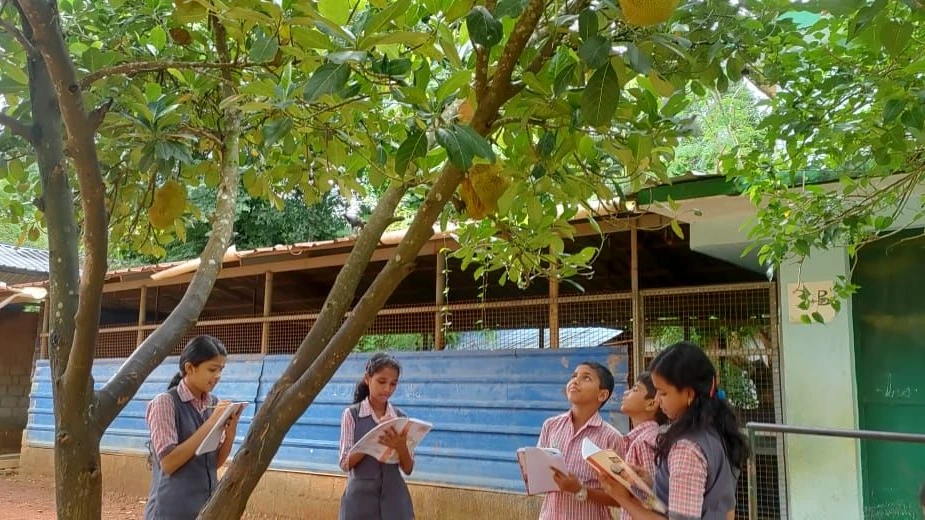
SeasonWatch is an all-India citizen science project that tracks the seasonal changes in trees to understand climate change. Trees are fantastic indicators of larger changes like the lengthening warm season, or erratic rainfall – because they change their timing of leafing, flowering and fruiting according to the seasons.
Thousands of schoolchildren from Kerala have contributed up to 85% of the eight (8) lakh observations on trees on SeasonWatch since its inception in 2010-11. This has been helping scientists get a better understanding of how increasing temperature and unusual rainfall patterns are affecting culturally beloved trees like mango, jackfruit and tamarind.
Monitoring the environment in schools
This effort has largely been possible because of a long-term partnership with the Mathrubhumi-SEED (Student Empowerment for Environmental Development) program. SEED aims to create environmental awareness among students in Kerala.
A chance meeting between Ullas Ponnadi of Wipro (Kochi) and G. Anand (GM-HR at Mathrubhumi), led to the collaboration of SEED and SeasonWatch. Kerala has been a significant contributor to the project with enthusiastic participants till date, thanks to this collaboration.
“The future of the world depends on our children”, says Pramod Kumar, State Executive for SEED. “The SEED program aims to instil environmental awareness among the younger generation, encouraging them to preserve and protect our planet”, he adds.
SEED is a collection of eco-club activities aimed to create awareness about the environment among school children from over 5,000 schools. These engage them in developing hands-on understanding and finding solutions for environmental problems.
SeasonWatch, thus, found a permanent place in the basket of SEED activities. The main aims of the project in Kerala have been to provide children with opportunities to go outdoors regularly, engage with nature, develop a scientific temper, build curiosity, and marvel in the interconnectedness of life.
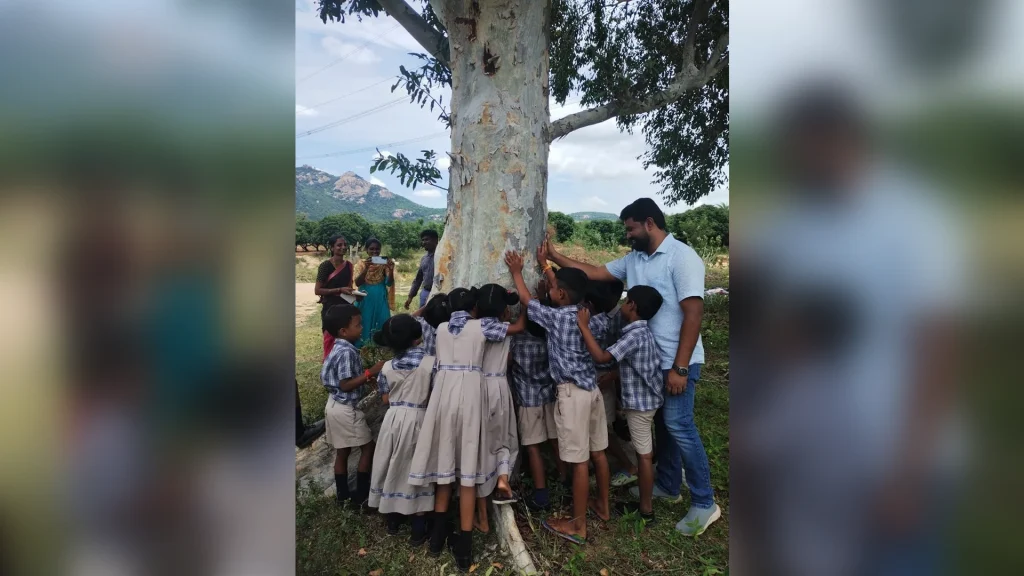
“The SeasonWatch project is an integral part of the SEED initiative. By involving children in hands-on ecological research, it enhances children’s knowledge of nature’s intricate patterns. It also nurtures a sense of responsibility toward the environment”, Pramod shares.
During the 2010-2011 academic year, as the Kerala coordinator for SeasonWatch, I had the opportunity to train nearly 300 Mathrubhumi officials for outreach all over Kerala. By visiting schools and conducting workshops for teachers and students, I was able to understand the motivation of teachers and students to join a citizen science program. I used this to deepen the engagement in schools that year.
SeasonWatch demands a heavy commitment from teachers and students alike. They need to monitor registered trees every week of the year, for as many years as possible. One-onone engagements with SEED schools have ensured that this commitment does not falter.
A decade of learning through observation
In the years that followed, the SeasonWatch program became a popular and coveted SEED activity. It was popularized even more by regular coverage in the Mathrubhumi newspaper and other print and online media.
Mathrubhumi publications have some of the widest readership in Kerala. State-wide recognition in these publications continues to play a crucial role in keeping both students and teachers engaged and excited about the program.
This kind of visibility helps maintain enthusiasm. It also spreads awareness to a broader audience, inspiring other schools to join in. Schools also compete for state and district level distinctions in SEED activities through an annual report. This has created the opportunity for healthy competition between schools.
SEED gives awards to five schools and five teachers at the state level to keep enthusiasm high. Recognizing teachers’ efforts with digital tablets for the schools, not only rewards their hard work but also encourages continued participation and dedication to the program.
As the decade advanced, so did technology. SeasonWatch materials were distributed on a CD in the 2012-2013 academic year, making resources much more easily accessible to the 5,000 schools involved. This was the beginning of an era of committed teachers who now started utilizing the SeasonWatch online portal to upload data collected by students in notebooks.

The outreach network and the SEED community were so effective in 2011-2014 that 290 schools monitored 4,060 trees, and uploaded 50,500 observations. This was in a pre-mobile internet, pre-app era, where data collection and uploading were decidedly more tedious than these are today.
This was a remarkable achievement indeed. Participation has since then continued to grow consistently year-on-year, and the increase in teacher and student participation is a testament to the program’s success and the dedication of all involved. In 2016, SeasonWatch’s Android phone app was introduced. In 2018, the app found widespread use with the introduction of a one-time observation feature during the quarterly Tree Festivals.
Participating in SEED activities has contributed to children’s ‘ecological intelligence’ tremendously. The ability of students to identify local trees and understand their flowering and fruiting seasons is a significant achievement, fostering a deeper connection with nature.
I am always delighted to hear about students who have developed a passion for nature and are currently pursuing higher studies in specializations like the ecology of trees, butterflies, etc. Their journey is a shining example of how SEED activities can shape future generations of environmental stewards.
To date, their beloved Kanikonna (Cassia fistula) tree that flowers around the Malayali new year in April remains a fascinating icon of changing tree seasonality. Of late, it has started showing aberrant flowering patterns.
PV Prabhakaran, teacher at GHSS Kannur, shares, “SeasonWatch has helped teachers and students study tree seasonality. It has also helped us observe birds, butterflies and moths seen on trees, and unusual flowering in trees. This has helped build a career path in ecology for some of our students.”
An experiment conducted by students at CMGHSS Kuttur is a remarkable example of a hands-on scientific investigation of why the Kanikonna tree was flowering irregularly as observed by SeasonWatchers. They designed an experiment around trees from in and around their school campuses wherein a control group of trees were not given any additional watering, and an experimental group of trees were regularly watered. Students observed these trees over a period of one year, and combined it with insights from data over the previous three years.
The trees that received regular watering bloomed in April, which is the expected flowering time for Kanikonna. The trees not receiving additional watering continued to flower irregularly throughout the year. The students concluded that consistent watering seemed to regulate the flowering time of the Kanikonna to its traditional season, April.
This finding suggests that environmental factors, such as water availability, can significantly influence the seasonal cycles of plants. This experiment was a valuable hands-on learning experience for the students, teaching them about scientific observation, data collection, and analysis.
The findings contribute to the understanding of how climate change and local environmental conditions can affect plant life cycles. This experiment is an example of how citizen science, when made a part of programs in school education, can inspire young minds, contribute to scientific knowledge, and foster a deeper appreciation for nature.
Challenges and opportunities
Every year, teacher coordinators of ecoclub programs tend to change. While this change posed challenges in some schools, the SEED and SeasonWatch teams were able to address these issues effectively through regular follow-up communication, troubleshooting, and support. The commitment and perseverance of everyone involved play a crucial role in overcoming challenges and ensuring the success of the School Eco-club Program.
SEED’s teacher training programs are crucial in ensuring that both new and returning teacher coordinators are well-prepared and engaged. The program reaches approximately 4,000 teachers every year.
This helps in spreading environmental awareness. It also brings new students and teachers into the fold, fostering a stronger and more informed community.
During 2020-2022, like everything else on planet earth, SEED activities were also affected by the Covid-19 pandemic. One impact of this isolation of the school unit was the rapid uptake of technology to support education in Kerala.
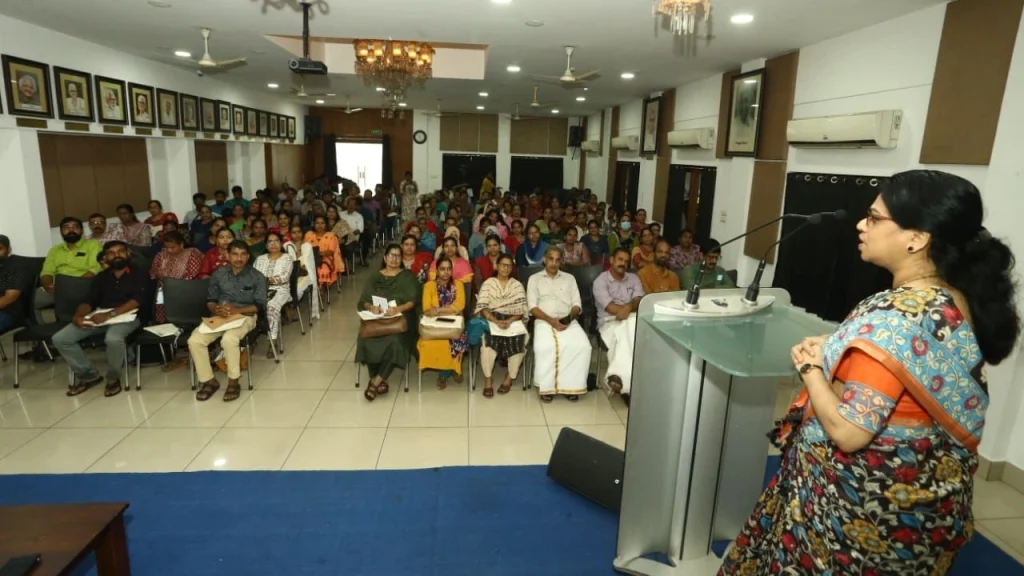
The increased tech-savviness among teachers, students and parents now undoubtedly makes it easier for them to contribute to SeasonWatch and other appbased citizen science projects effectively.
Reflection Gaining the attention of students after the pandemic gap in school has been challenging and many teachers have expressed similar issues with student engagement.
To capture their interest, I began asking nature-oriented questions, and learning through enquiry during my outreach visits to schools. This has had the desired effect of invoking curiosity for nature among at least a few students.
The SEED and SeasonWatch programs have made a lasting impact on environmental education in Kerala. The success showcases the power of collaboration, dedication, and innovative approaches to learning. The enthusiasm of students, teachers and coordinators alike has fostered a deeper connection with nature, inspiring the next generation of environmental stewards.

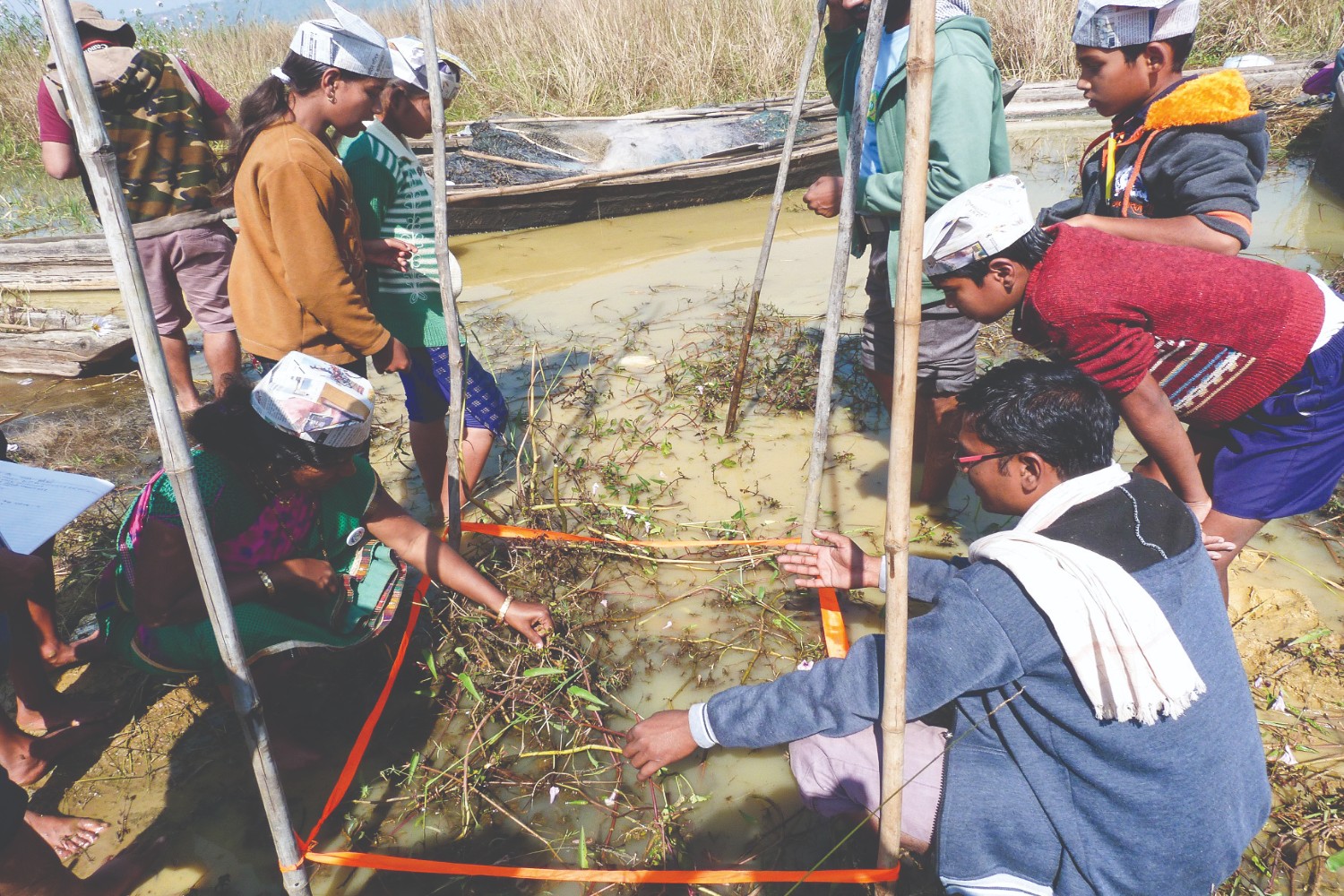
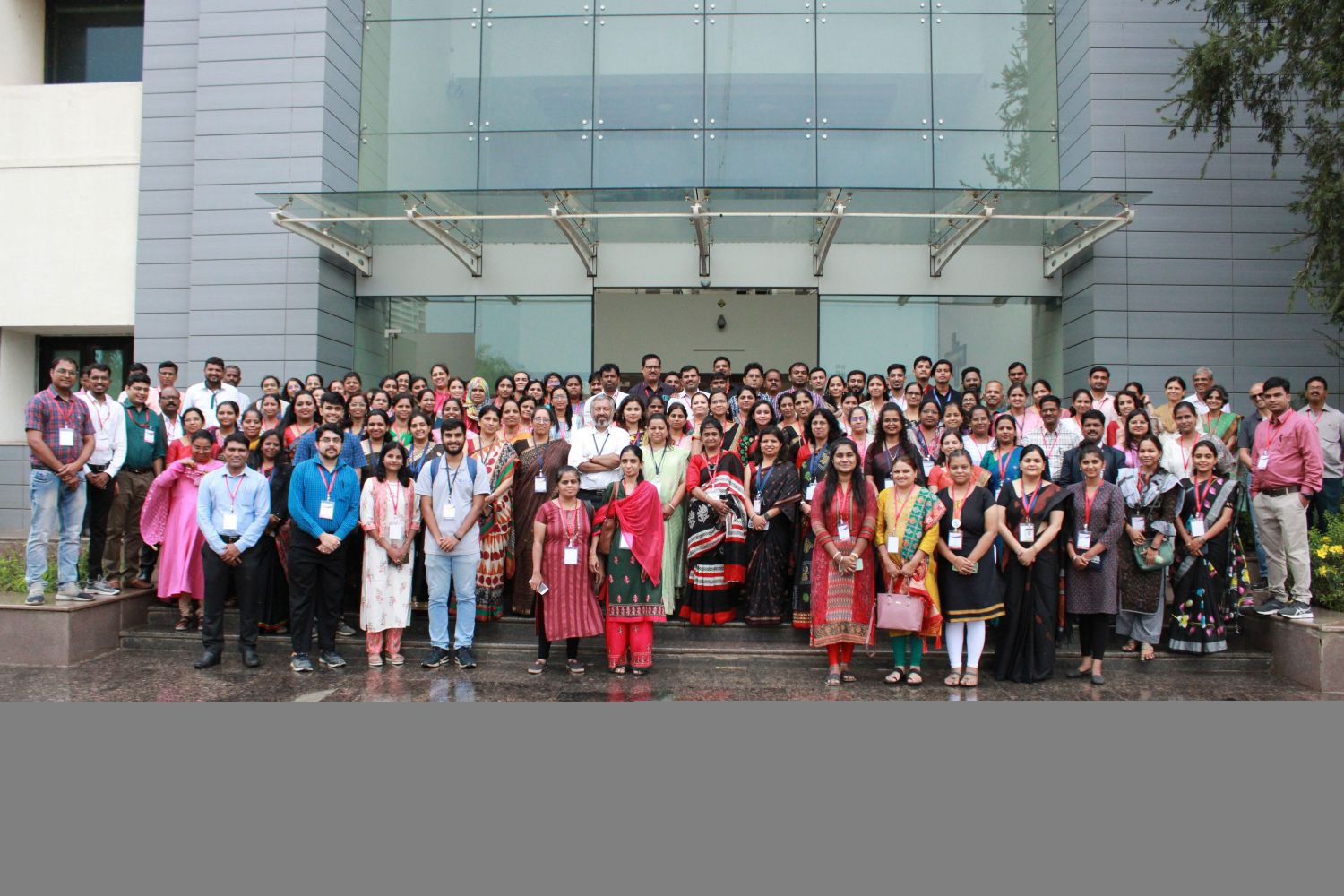
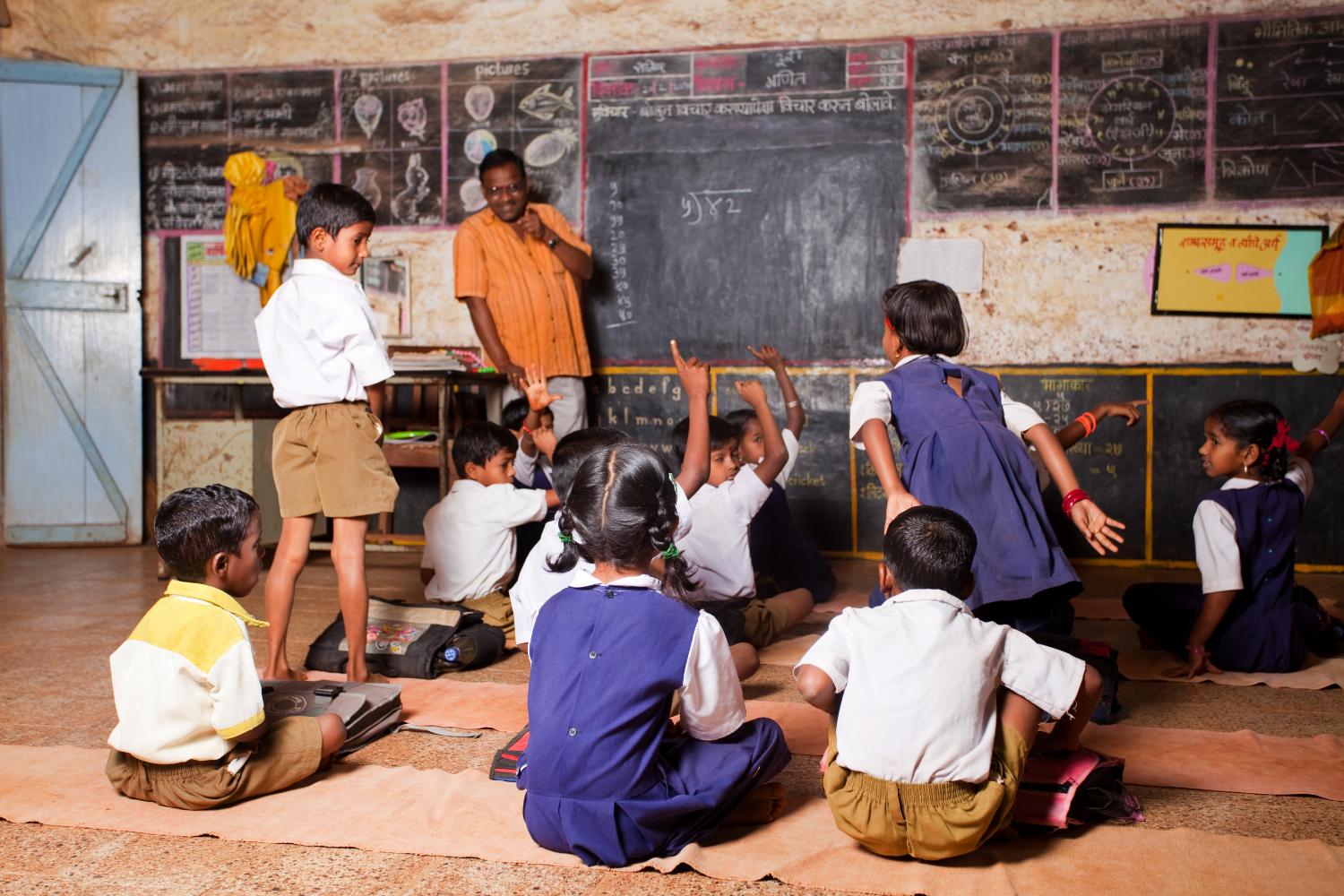
No approved comments yet. Be the first to comment!